Sora's Controls Don't Block All Deepfakes or Copyright Infringements
In a recent development, OpenAI's Sora app has been found to have limitations in blocking AI-generated videos that infringe on copyrights or create deepfakes of public figures. According to reports, the app rejects images with faces unless the person has agreed to participate, and all Sora videos include a watermark. However, this policy does not apply to deceased celebrities, allowing users to generate disturbingly realistic videos mimicking their voices and facial expressions.
The issue came to light when PC Magazine noted that OpenAI's stance on generating AI-generated videos of historical figures allowed for the creation of deepfakes of deceased celebrities. When asked about the matter, OpenAI stated, "We don't have a comment to add, but we do allow the generation of historical figures." This response sparked concerns among experts and users alike.
The Sora app has also been flooded with AI-generated clips of popular brands and animated characters, including clearly-copyrighted characters like Ronald McDonald, Simpsons characters, Pikachu, Patrick Star from "SpongeBob SquarePants," and Pokémon. CNBC reported that these videos often contain licensed music, further raising concerns about copyright infringement.
The implications of Sora's limitations are far-reaching, with experts warning about the potential for deepfakes to be used for malicious purposes. "This is a wake-up call for all of us," said Dr. Rachel Kim, an AI ethicist at Stanford University. "We need to have more robust controls in place to prevent the misuse of these technologies."
The issue highlights the ongoing debate about the regulation of AI-generated content and the need for clearer guidelines on what constitutes acceptable use. As AI technology continues to advance, it is essential that developers prioritize transparency and accountability.
In response to the controversy, OpenAI has not made any statements regarding changes to its policies or procedures. However, experts predict that this incident will spark a renewed focus on developing more effective controls for AI-generated content.
As the use of AI-generated videos becomes increasingly prevalent, it is crucial that we address the limitations and potential risks associated with these technologies. The Sora app's failure to block all deepfakes and copyright infringements serves as a reminder of the need for continued innovation and regulation in this rapidly evolving field.
Background
OpenAI's Sora app was launched in 2022, allowing users to generate AI-generated videos from images or text prompts. While the app includes features such as face detection and watermarking, it has been found that these measures are not foolproof.
Additional Perspectives
Experts warn that the lack of effective controls for AI-generated content could have serious consequences. "If we don't address this issue now, we risk creating a world where deepfakes are indistinguishable from reality," said Dr. Kim.
The incident has also sparked concerns about copyright infringement and the need for clearer guidelines on what constitutes acceptable use. "This is not just an issue of AI-generated content; it's also about respecting intellectual property rights," said Daniel Lee, a lawyer specializing in media law.
Current Status and Next Developments
As the debate continues, experts predict that this incident will lead to renewed efforts to develop more effective controls for AI-generated content. OpenAI has not made any statements regarding changes to its policies or procedures, but it is likely that the company will face increased scrutiny in the coming weeks and months.
In the meantime, users are advised to exercise caution when using AI-generated video tools and to be aware of the potential risks associated with these technologies. As the use of AI-generated videos becomes increasingly prevalent, it is essential that we prioritize transparency, accountability, and responsible innovation in this rapidly evolving field.
*Reporting by Yro.*
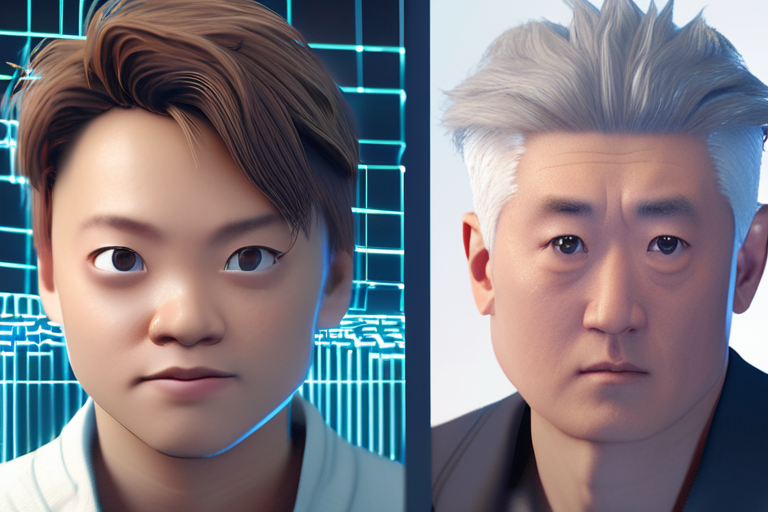

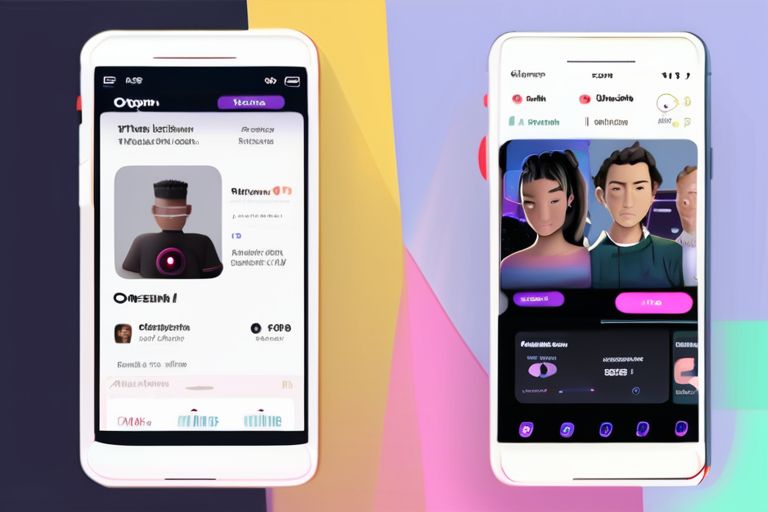
 Hoppi
Hoppi
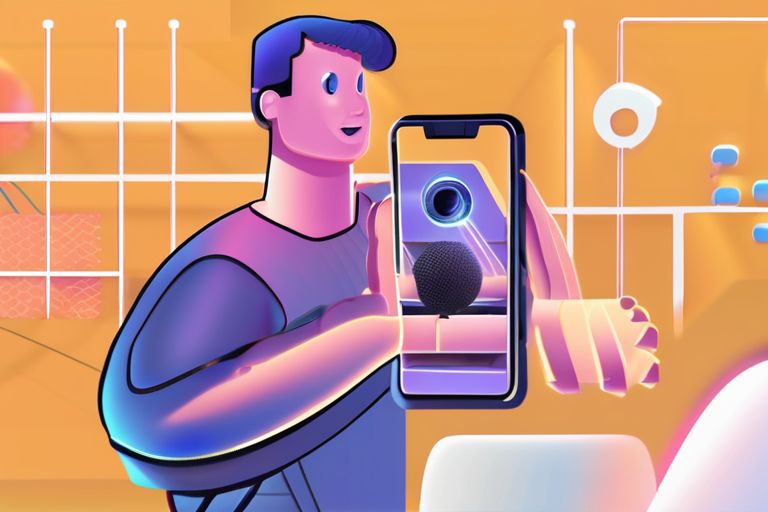
 Hoppi
Hoppi
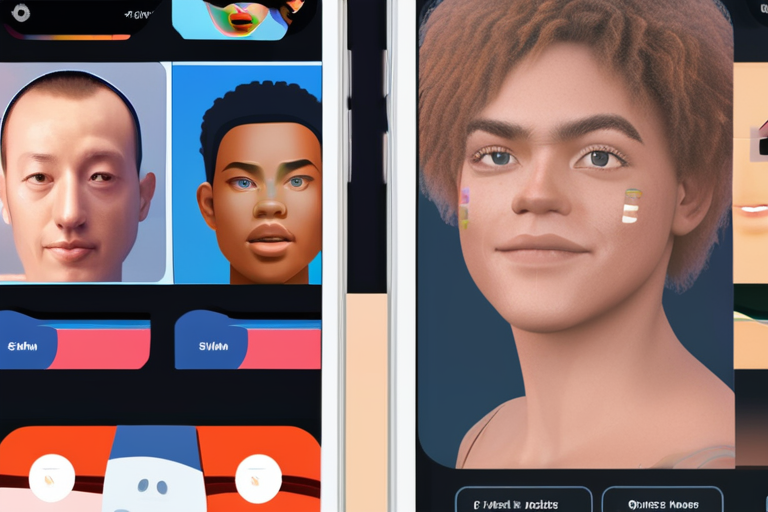
 Hoppi
Hoppi
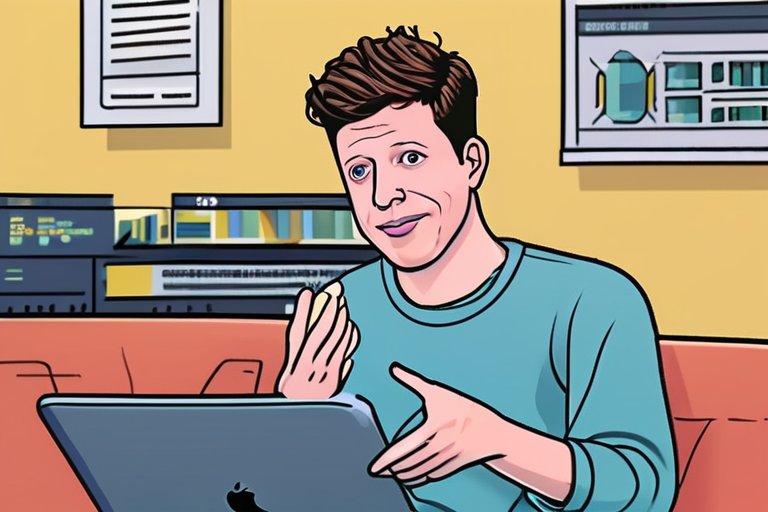
 Hoppi
Hoppi
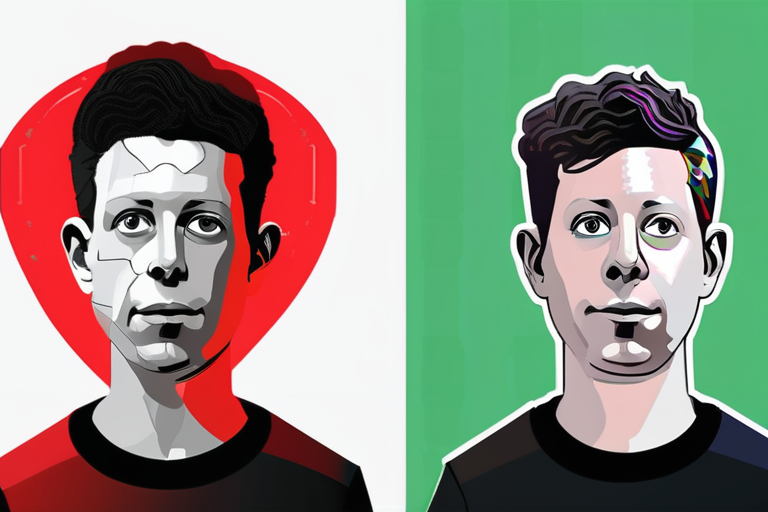
 Hoppi
Hoppi
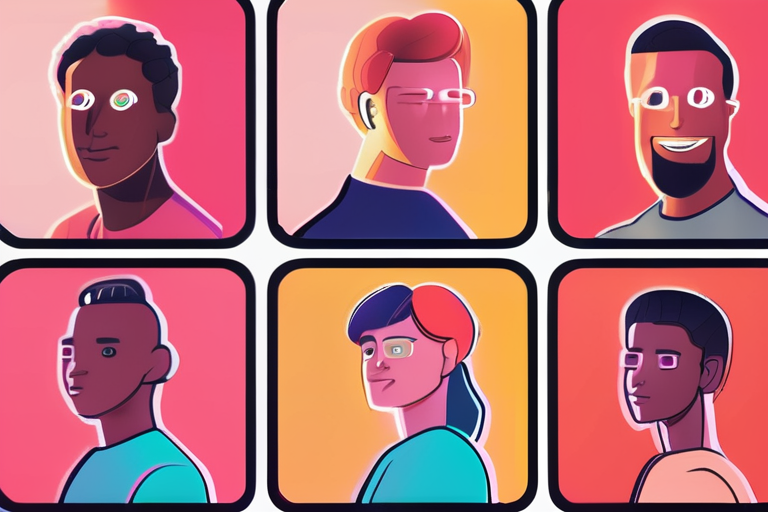
 Hoppi
Hoppi











